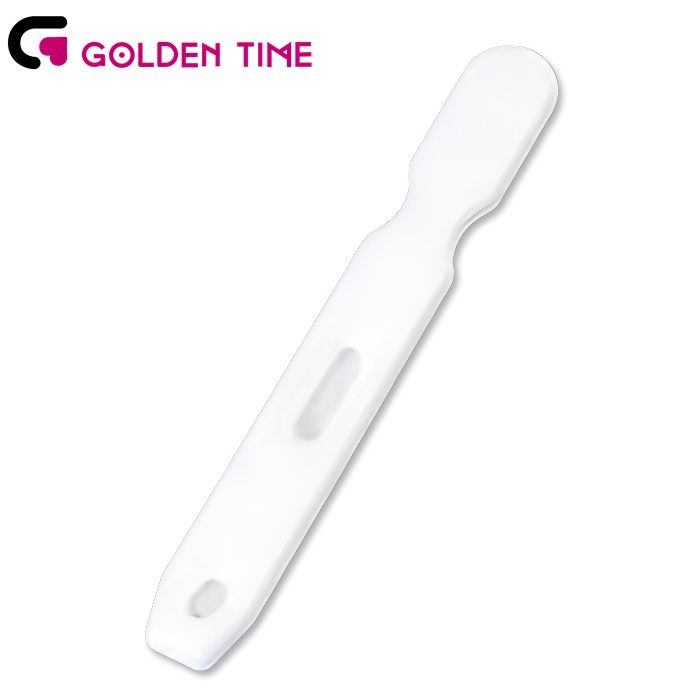Aug . 31, 2024 00:03 Back to list
wholesale price of dengue test
The Wholesale Price of Dengue Tests An Overview
Dengue fever, caused by the dengue virus and transmitted by Aedes mosquitoes, has become a pressing public health issue in many tropical and subtropical regions around the world. As the incidence of dengue outbreaks continues to rise, the demand for quick and reliable diagnostic tests has escalated. Understanding the wholesale price of dengue tests is crucial for health policymakers, healthcare providers, and patients alike.
Importance of Dengue Testing
Accurate diagnosis of dengue is essential for effective disease management and control. Early detection enables healthcare providers to monitor the progression of the disease and implement appropriate treatment strategies. It also plays a critical role in outbreak surveillance, which is vital for controlling the spread of the virus. Various types of dengue diagnostic tests are available, including NS1 antigen tests, IgM and IgG serological assays, and polymerase chain reaction (PCR) tests, each differing in specificity, sensitivity, and cost.
Factors Influencing Wholesale Prices
The wholesale price of dengue tests can fluctuate significantly based on several factors
1. Test Type Different diagnostic tests have varying manufacturing, sourcing, and distribution costs. Rapid tests, which provide results in a short time, may have a higher price point compared to traditional serological tests due to their convenience.
2. Manufacturing Cost The cost associated with producing a diagnostic test can impact the wholesale price. This includes raw materials, labor, technological advancements, and quality control processes. Some manufacturers may invest in cutting-edge technology that can produce more accurate results, which can, in turn, raise the price.
wholesale price of dengue test

3. Regulatory Compliance Tests must comply with regional regulations and undergo evaluations for safety and effectiveness. The costs associated with these processes can influence pricing.
4. Market Demand The prevalence of dengue outbreaks increases demand for testing. In periods of high incidence, wholesale prices may rise due to heightened demand from healthcare providers.
5. Competition The entry of new manufacturers into the market can lead to competitive pricing, which may lower the wholesale prices of dengue tests. Conversely, a lack of competition may allow companies to maintain higher prices.
6. Supply Chain Dynamics Disruptions in the supply chain, whether due to geopolitical issues, natural disasters, or pandemics such as COVID-19, can impact the availability and price of raw materials needed for manufacturing tests.
Economic Implications
Understanding the wholesale price of dengue tests has economic implications for healthcare systems, especially in low- and middle-income countries where dengue is endemic. High test prices can limit access to diagnostics, exacerbating health disparities. Policymakers may need to consider subsidizing test costs or facilitating partnerships with manufacturers to ensure that diagnostic tools are accessible to vulnerable populations.
Conclusion
The wholesale price of dengue tests is a multifaceted issue influenced by various factors, including test type, manufacturing costs, regulatory compliance, market dynamics, and supply chain conditions. As dengue continues to pose a threat to public health, addressing these pricing challenges is essential for ensuring timely diagnosis and effective disease management. By making diagnostic tests more affordable and accessible, we can better equip healthcare systems to combat dengue fever and protect vulnerable populations worldwide.
-
Highly Accurate hCG Pregnancy Test Strips - 5 Min Results
NewsAug.02,2025
-
Premium Empty ABS Plastic Cassettes: Durable & Lightweight Storage
NewsAug.01,2025
-
Accurate Cocaine (Coc) Rapid Test Kit | Fast & Reliable Detection
NewsJul.31,2025
-
Accurate HCG Pregnancy Test Strips | Fast Home Use Kit
NewsJul.31,2025
-
Reliable Early Pregnancy Test Kit Supplier - Multi Plastic Cassette Options
NewsJul.30,2025
-
Transferrin Rapid Test Cassette – Reliable Tumor Marker Detection
NewsJul.29,2025

